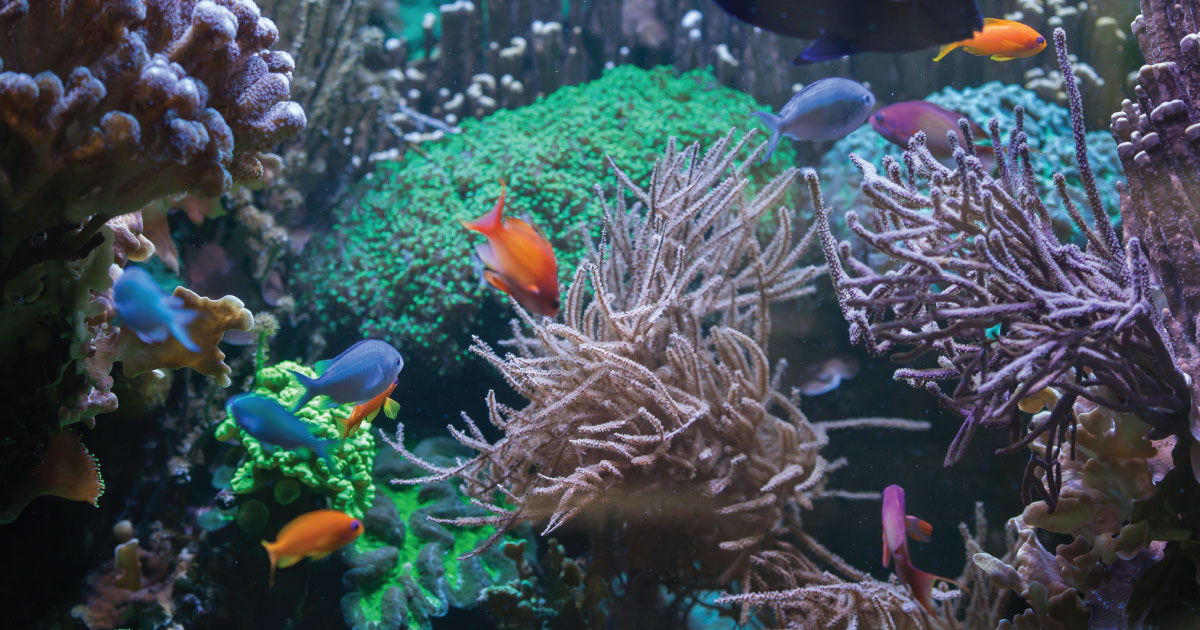
Great Barrier Reef: Scientists Find High Levels of Pesticides and Blast Chemical Regulator
Leading marine scientists have detailed a litany of “serious deficiencies” by Australia’s chemical regulator that have failed to prevent the ongoing pollution of the Great Barrier Reef catchment, where they found excessive levels of several pesticides banned by other countries.
November 6, 2019 | Source: The Guardian | by Ben Smee
Pesticides found in reef catchment include Atrazine, a herbicide banned in 60 countries
Leading marine scientists have detailed a litany of “serious deficiencies” by Australia’s chemical regulator that have failed to prevent the ongoing pollution of the Great Barrier Reef catchment, where they found excessive levels of several pesticides banned by other countries.
A new paper, co-authored by reef water quality expert Jon Brodie and fisheries veterinarian Matt Landos, found that pesticide regulation and management in the reef catchment areas of Queensland had failed to prevent the exposure of ecosystems to the significant risk of agricultural chemicals.
The report detailed extensive concerns about the processes and practices of Australian Pesticides and Veterinary Medicine Authority (the APVMA), which is responsible for the regulation and licensing of chemicals.
“More than 80 of the active ingredients registered for use in Australia are prohibited by the 27 member countries of the European Union,” the study says. “This includes 17 pesticides that are known to be or likely or probable to be carcinogens and 48 pesticides flagged as potential endocrine [hormone] disruptors.
